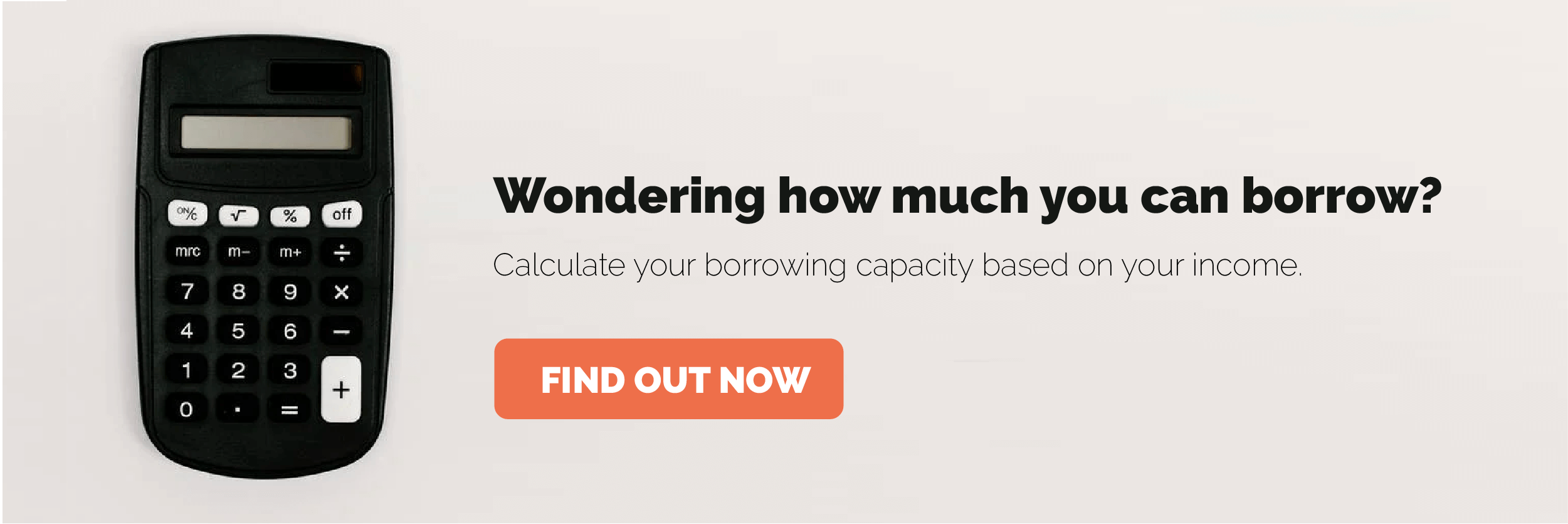
An old man, wearing a beret hat, walking up the street with a walking stick.
The cons of withdrawing your super early
- The more you withdraw, the earlier you withdraw in your work life, the more money you lose in the long run for retirement. Because, with lower super balances when you’re younger, there’s less money in your fund earning interest in the long run. As a result, withdrawing this much at a younger age can mean losing almost $100,000 down the line in super.
- Withdrawing now while the market is low also means that you’re withdrawing your super at a loss. Wherever you are investing your money in – shares, stocks, bonds, property and infrastructure, it is most likely low in value. Not only are you withdrawing devalued money. You are also missing out on the chance for that money to appreciate in value once everything settles down. As so, you might be able to withdraw it when it’s worth more (however, with the withdrawal fees included).
- Withdrawing your super early doesn’t guarantee home loan approval. This could suggest to the banks that you’re not earning enough to sustain yourself. If you’re eligible to withdraw your super early, that means you’re either:
- Unemployed
- Working reduced hours
- Earning significantly less money OR
- Are receiving a government support benefit such as JobKeeper
With tighter lending criteria in place prior to the pandemic, it’s less likely for banks to approve your home loans.

The pros of withdrawing your super early
Although there are risks to withdrawing your super now, putting it into a savings account and using it to enter the property market later might still be a beneficial option. Given that the median house price currently sits around $800,000 and that a deposit required for a house this price sits anywhere between 5% ($40,000) and 20% ($160,000), withdrawing your super could save you the average eight years in time it takes to save for a deposit and lower the amount of lenders mortgage insurance you’ll have to pay, all tax-free.
While the decision is ultimately up to you, it’s highly recommended that you plan ahead and exhaust all other available options before committing to anything. If your only reason for withdrawing is to increase the deposit amount you have for your first home, why not consider if the First Home Loan Deposit Scheme or the First Home Super Saver Scheme better fits your needs? If you’ve evaluated these options and still want to withdraw your super, perhaps also consider having a voluntary super contribution plan in place once the pandemic settles. As such, you won’t feel the strain on your retirement fund later on.

All in all whichever you choose, whether you’re planning to withdraw your super for a deposit, to get by day to day during these trying times, or for any other reason, be smart with your money and remember to spend wisely! If in doubt, it’s always best to contact a financial adviser to find out more or see if there are any other options out there for you.
Want to speak to someone now? Schedule a consultation today!
Disclaimer: The information provided is general in nature and does not constitute financial advice. Please speak to us for recommendations on your individual circumstance and requirements.

